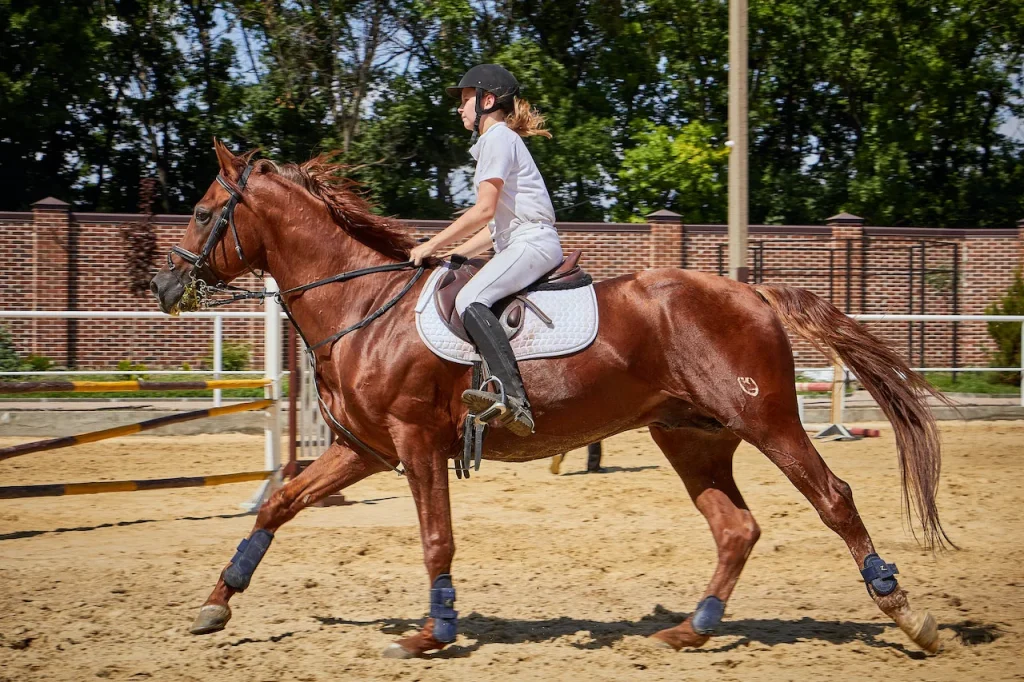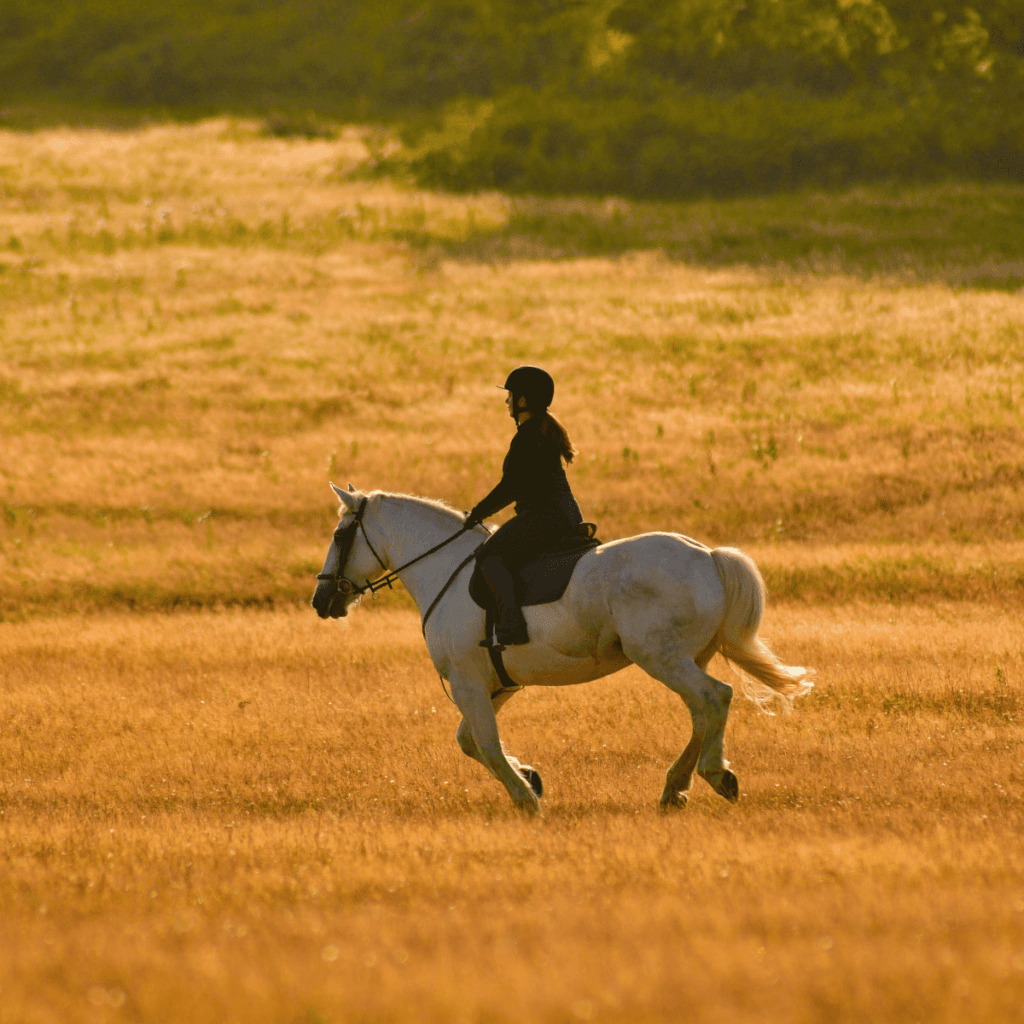Poor performance can stem from a variety of issues, ranging from health problems to training inconsistencies
When a horse isn’t performing up to its usual standard, it can be puzzling and frustrating for riders and owners alike.Understanding the root causes of these issues is crucial for improving your horse’s performance and overall well-being.
Health Concerns
One of the most common reasons for a drop in performance is health-related. Horses may experience various physical problems that can affect their ability to perform. For example:
- Lameness: If a horse is experiencing pain in its legs or hooves, it can significantly impact its performance. Lameness can be caused by injuries, arthritis, or hoof problems. Regular check-ups with a veterinarian and a farrier can help identify and address these issues early.
- Gastric Ulcers: Horses with gastric ulcers may exhibit signs of discomfort or poor performance. They might be less willing to work or show signs of discomfort after eating. A vet can diagnose ulcers through endoscopy and recommend treatment or dietary changes.
- Respiratory Issues: Conditions like asthma or infections can affect a horse’s breathing and stamina. Look for symptoms such as coughing, nasal discharge, or labored breathing.
Nutritional Deficiencies
A well-balanced diet is essential for peak performance. Nutritional deficiencies can lead to poor energy levels, weight loss, and decreased performance. Ensure your horse’s diet includes the right mix of forage, grains, and supplements. Consulting with a nutritionist can help you tailor a diet that meets your horse’s specific needs.
Training and Exercise
Training inconsistencies or inadequate exercise can also lead to poor performance. Horses need regular, structured training to maintain their fitness and skill levels. Common issues include:
- Inconsistent Workouts: If a horse’s training schedule is irregular, it can lead to a lack of fitness and poor performance. A consistent training routine helps build stamina and muscle.
- Overtraining: Conversely, overtraining can lead to fatigue and decreased performance. Ensure your training program includes adequate rest and recovery periods.
- Training Techniques: Incorrect training techniques or lack of proper groundwork can affect performance. Make sure your training methods are appropriate for your horse’s level and abilities.
Behavioral Factors
Sometimes, poor performance can be attributed to behavioral issues. Stress, boredom, or lack of mental stimulation can impact a horse’s willingness to perform. Consider the following:
- Environmental Stress: Changes in the horse’s environment, such as new locations, other horses, or loud noises, can cause stress and affect performance. Try to provide a stable and calm environment.
- Boredom: Horses need mental stimulation as well as physical exercise. Providing toys, varying training routines, and engaging activities can help keep them interested and motivated.
Saddle and Tack Issues
The equipment you use can also influence your horse’s performance. Ill-fitting saddles or uncomfortable tack can cause pain and affect how the horse moves. Regularly check that all tack is well-fitted and in good condition. Consult a professional to ensure your saddle fits correctly and does not cause discomfort.
Veterinary and Professional Advice
If you notice a decline in performance, it’s essential to consult with a veterinarian and other professionals, such as a farrier or equine nutritionist. They can help diagnose underlying issues and provide solutions. A thorough examination and professional advice can pinpoint the problem and help you develop a plan to address it.
By examining health concerns, nutritional needs, training practices, behavioral factors, and tack issues, you can identify and address the root causes of performance problems. Regular consultations with veterinary and equine professionals will further ensure your horse remains in peak condition and performs at its best. With the right care and attention, most performance issues can be effectively managed, leading to happier, healthier, and more successful horses.




